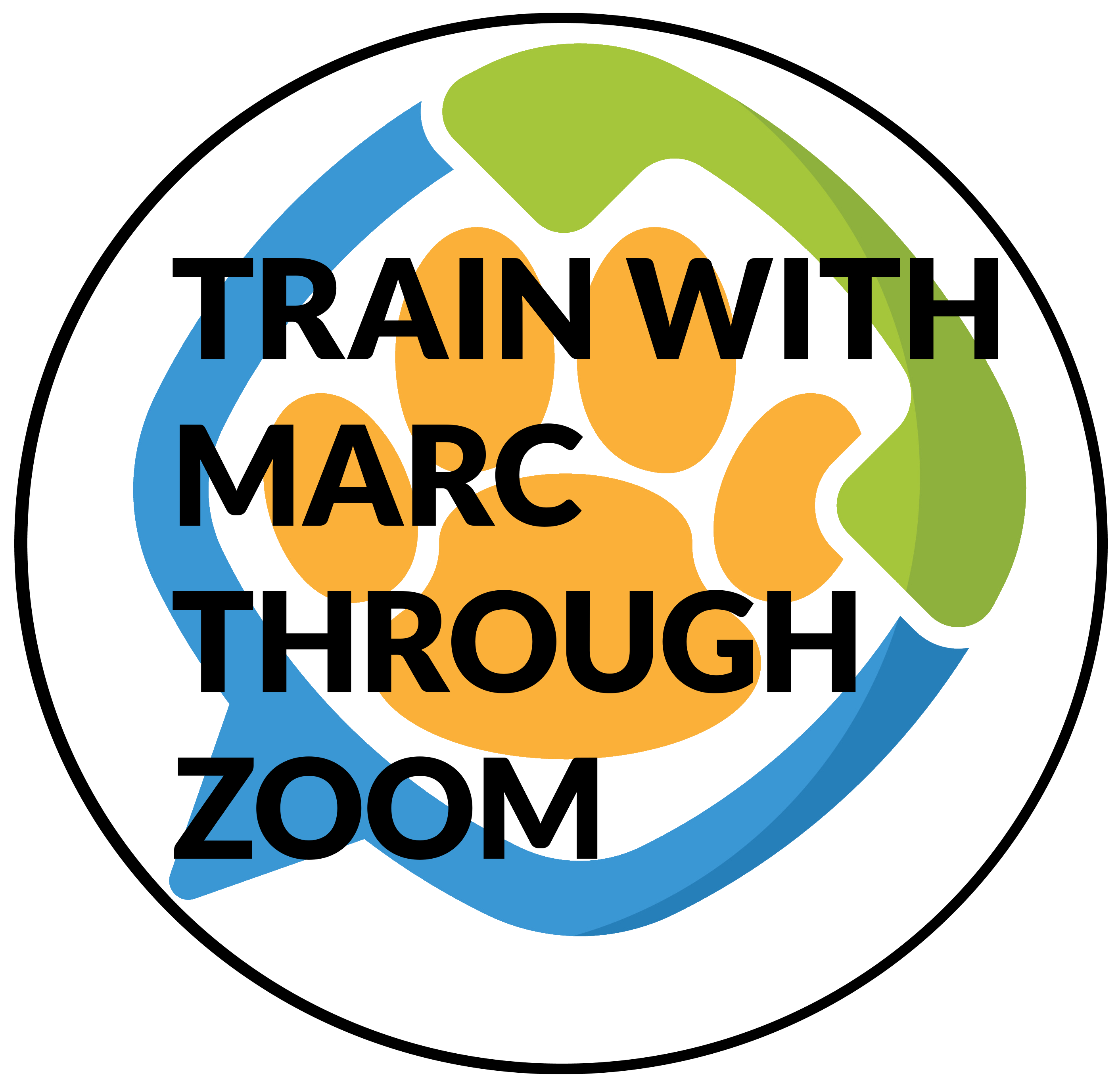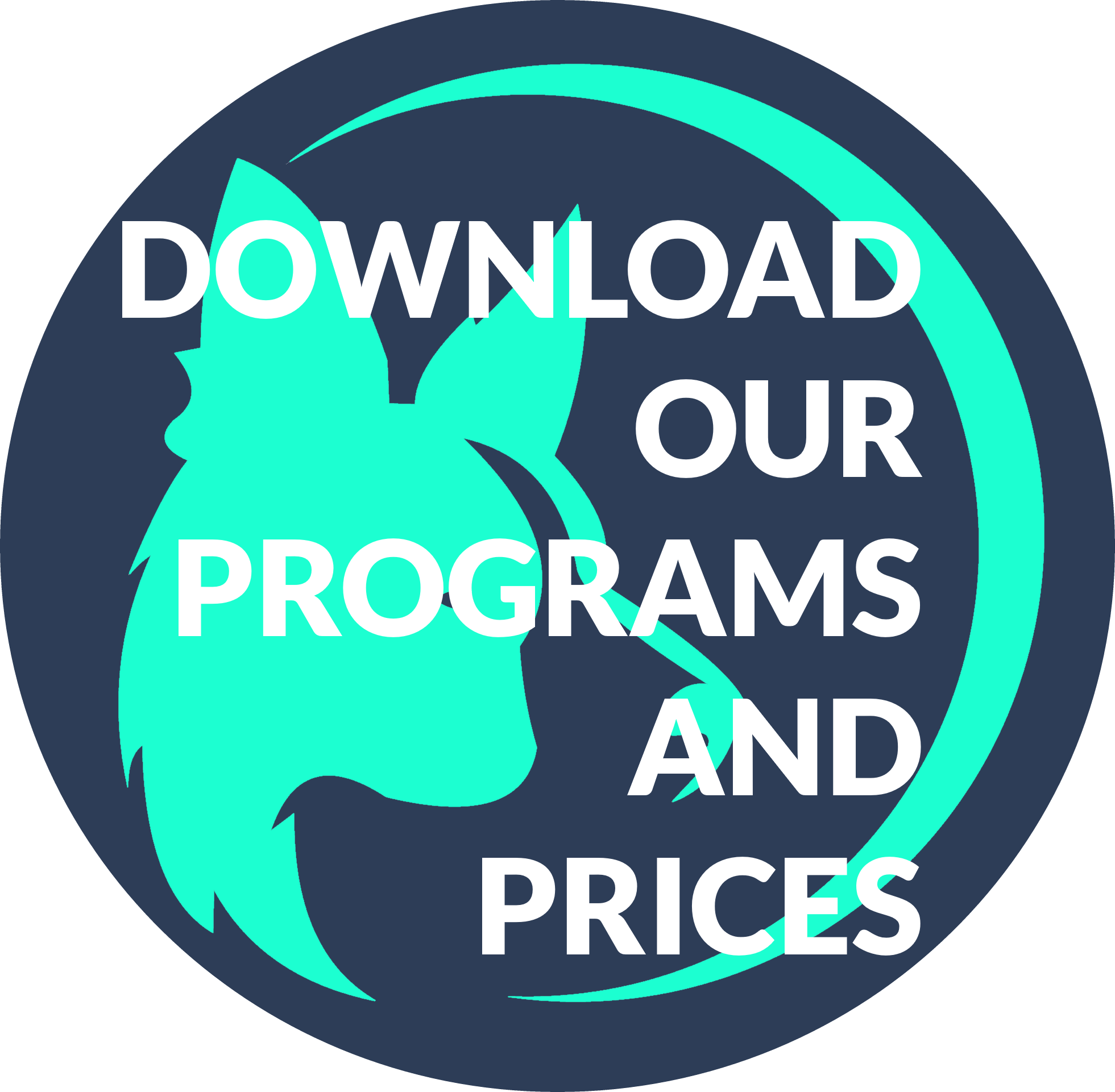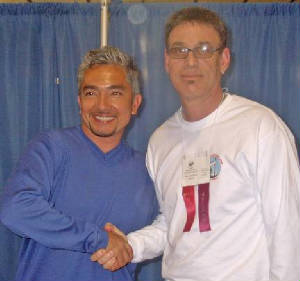Dogs are wonderful. But they can be frustrating. You might walk into the kitchen and see your dog has gotten into the garbage, or you notice that your dog has peed on your carpet, and your first instinct may be to yell at your dog. After all, yelling is a natural human response to frustration.
But while you may feel better after you yell, it's not what's best for your dog. In fact, sometimes it can make it harder for you to address your dogs' issues in the future.
What Happens When We Yell
It's not the act of yelling that's the problem. It's what happens after. Dogs are associative learners. They learn best when things are instantaneous. It's why, during dog training, we give praise and treats right after our dog does a trick we like. We want them to know they're rewarded, and what they did worked.
Yelling is a form of punishment, and punishment for dogs works similarly. Yelling itself is not necessarily an issue. If you see your dog in the trash, yelling "No!" notifies your dog that they're doing something wrong - that they're doing something their owner, who they love, doesn't like.
But what happens next is key.
If you follow up that "No!" with a "good girl" and praise, then what they learn is the following:
- I did this thing.
- I heard a yell that I didn't like.
- I stopped doing the thing.
- I got praise.
- If I do that thing I get yelled at but if I stop I do not.
- I will not do that thing.
That's the association we want the dog to make.
But what most often happens is that the owner doesn't yell "No!" and then praise the dog. Usually what we see is the owner keeps yelling. Once the dog has stopped doing the behavior, yelling more actually makes your job harder, because this is what your dog experiences.
- I did this thing.
- I heard a yell I didn't like and stopped.
- Why is my owner still yelling at me.
- Why am I being punished.
- I am scared and unhappy.
Initially, the dog felt like they knew what they did wrong (that's why they stopped). But because you kept yelling, they became confused. Now they no longer know why you're mad, and may now just see you as more scary than they did before.
Dogs learn best when they have a point of contrast. In the first example, the yell plus praising the dog helped them realize what was wanted. In the second, they initially noticed something but then the yelling seemed continue.
Understanding Your Dog
We all get frustrated once in a while. We may even yell at our dogs. But it's what happens after that matters most. If you do find yourself with a yell, follow it up with some praise. It will help your dog learn and prevent other challenges in the future.





